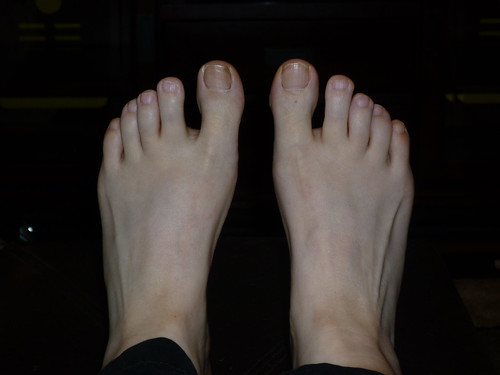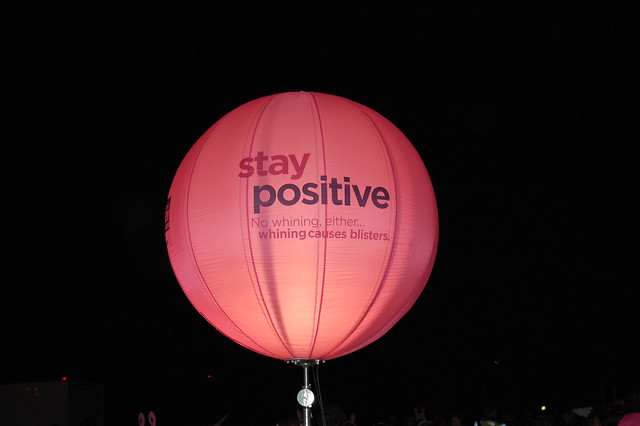“How,” the question was, “do you come to grips with your child having that creative spark that makes you just know the life they're going to pick is going to be hard? When you know that they have the talent, but the odds are stacked so high against them, how do you get past wanting to push them into studying for something stable and going after work that ends up with health benefits and a pension and a real retirement? How do you not discourage them?”
I had that discussion last night, and today ran across someone quoting a speech Stephen King made in 2003 when accepting the National Book Award For Distinguished Contribution to American Letters.
There were some hard, dark years before Carrie. We had two kids and no money. We rotated the bills, paying on different ones each month. I kept our old car, a Buick, going with duct tape and bailing wire. It was a time when my wife might have been expected to say, "Why don't you quit spending three hours a night in the laundry room, Steve, smoking cigarettes and drinking beer we can't afford? Why don't you get an actual job?
Okay, this is the real stuff. If she'd asked me, I almost certainly would have done it [...] One of the few times during the early years of my marriage I saw my wife cry really hard was when I told her the paperback publisher, New American Library, had paid a ton of money for the book she rescued from the trash. I could quit teaching, she could quit pushing crullers at Dunkin' Donuts. She looked almost unbelieving for five seconds and then she put her hands over her face and she wept.
My point is that Tabby always knew what I was supposed to be doing, and she believed I could succeed at it. There is a time in the lives of most authors when they are vulnerable, when the vivid dreams and ambitions of childhood seem to pale in the harsh sunlight of what we call the real world. [...] If my wife had suggested to me, even with love and kindness and gentleness rather than her more common with and good-natured sarcasm, that the time had come for me to put my dreams away and support my family, I would have done that with no complaint. I believe on some level of thought I was expecting to have that conversation. [...] Tabitha has told me since that it never crossed her mind to have such a conversation. You had second job, she said, in the laundry room with my typewriter. I hope you know, Tabby, that they are clapping for you and not me. Stand up so they can see you, please. Thank you. Thank you. I did not let her see this speech, and will hear about this later.
I think when someone you care about has that spark, you know it, whether you're willing to admit that to yourself or not. You can choose to stand in front of them and block the way, because hell, you don't want them to make a mistake that colors their entire life; you can stand beside them and try to guide them off the path but not too far, just in case they have a real shot at their dream; you can stand behind them and push them in the direction you know they need to be going, because you want for them what they want.
You can let the manuscript lie in the trash can to be tossed away, you can pull it out and put it away for later, or you can pull it out and hand it back with the message that this is good, this deserves to be shared.
I threw away a few manuscripts early on because the feedback I got was all right, but not what I expected; I knew I could write, but the vibe was pretty clear: success as a writer was unrealistic, so I better have something to fall back on. The talent was there, sure, but you know only about 5% of published writers make enough to live on, and think of all the unpublished wannabes out there.
Tabitha King certainly could have asked her husband to set the writing aside, even for a little while, for the sake of comfort...but what then? Take a look in the bookstore; how much of it might the rest of us not have if she had done just that? She likely knew what a lot of people don't: writing isn't something you do; a writer is what you
are.
You can edit out writer and insert a number of other things: singer, dancer, actor. Chef. Photographer.
How do you come to grips with your child practically having a calling to something that may not pay well, could be a constant race to the next thing that
might be “it?” How do you not push them hard to have something else to fall back on?
You just do.
That's not to say you won't screw it up every now and then, because it's your kid. Yeah, you probably will verbalize that wish that they'd study something else as a backup plan. That doesn't mean you have to say it in a way that suggests you want that because you don't think they have what it takes. But when you have your parental wits about you, understand this: they don't really have a choice.
I don't write for the money; I write because that's what I am. Those monthly royalties are nice, but I would write whether I was paid for it or not. The words, the characters, the story lines—those have to get out of my head an onto virtual paper, whether anyone else ever sees them or not.
Maybe that skews my parental perspective a bit, because I come from that place of
This is what I am, this is what I have to do. When the Boy took that first acting class, it was to explore his expanding interests; when that interest took fire, it didn't make sense to push him in another direction, because he would know sooner or later whether or not that being an actor was something he wanted to do, or if it was something he was.
In the beginning, it might have been something he wanted to do, but the more he immersed himself in it, the more we realized that it wasn't an interest, it was part of him. Each time we've seen him perform he's gotten better, to the point that watching him as Mercutio this past summer...he wasn't an actor playing a part, he
was Mercutio. On stage, he sheds himself and pulls on someone else's skin and personality, and it's an amazing and chilling thing to watch.
During intermission I was on my phone and posting to Facebook: he can't ever
not act.
The scope of it is up to him, but there's no denying that he's not a waiter who occasionally acts: he's an actor.
And I think that's how we come to grips with it all: we have to realize that our kids are not just extensions of ourselves, and they're not these fragile things we need to constantly protect. We need to recognize them for what they are, and sometimes what they are is the budding writer, the passionate dancer, or the growing actor.
We might want for them to have something to fall back onto, but then again, if they have something to fall back on, they just might fall back.
So...the answer is to suck it up. Support in ways you can. Let them be who they are. Because frankly, the world needs them every bit as much as the world needs doctors and lawyers and farmers.
Follow your bliss...
Sometimes, your bliss is written as deep as your DNA.
You can empty their life's manuscript from the trash can and make sure they never see it again, or you can rescue it and encourage them to keep at it.
They don't have much choice.
You do.






